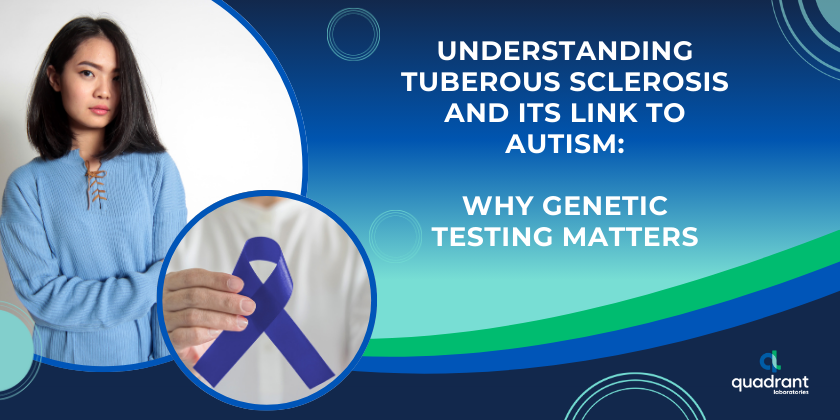
What is Fragile X syndrome?
Fragile X syndrome (FXS) is a genetic disorder that affects a person’s ability to learn, and communicate, and sometimes alters their physical appearance. Because FXS is heritable it can be passed from parent to child making it the most common genetic cause of intellectual disability, affecting both males and females. A review of research studies found about one in 4,000 males and one in 8,000 females have been diagnosed with Fragile X, but the exact number is unknown.
What causes FXS?
FXS is a genetic disorder. An X chromosome mutation called Fragile X Messenger Ribonucleoprotein 1 (FMR1) causes FXS. This protein produced by the FMR1 gene is essential for brain development. When the FMR1 gene does not work correctly, the protein does not form, so the brain does not develop normally. In the absence of this protein, FXS occurs.
Extended family members can have other fragile X-associated disorders (FXDs). These disorders may cause noticeable symptoms in some people, but may not in others.
What are the signs and symptoms of Fragile X?
Some physical signs of Fragile X may include a large head, long face, prominent ears, chin and forehead, flexible joints, flat feet, and macroorchidism (enlarged testicles in males). The physical features of FXS tend to become more noticeable as the child ages.
Behavioral symptoms of FXS might include delayed physical milestones, learning disabilities, delayed speech, anxiety, sensitivities about being touched, stimming such as hand flapping, a short attention span, inability to sit still, and seizures.
*Note: Females tend to exhibit milder symptoms than males.
What conditions are common among children with FXS?
FXS patients may experience learning disabilities, language delays, and behavioral problems like attention-deficit/hyperactivity disorder (ADHD) or anxiety disorders. Aggressive behavior can develop in some boys. The condition of depression can also occur. Boys with FXS typically have mild to severe intellectual disabilities. It is common for girls with FXS to have normal intelligence. Some may have intellectual disabilities with or without learning disabilities. Children with FXS are more likely to suffer from autism spectrum disorder (ASD).
If you think your child may have Fragile X syndrome, an at-home saliva test is available. Learn more here.



